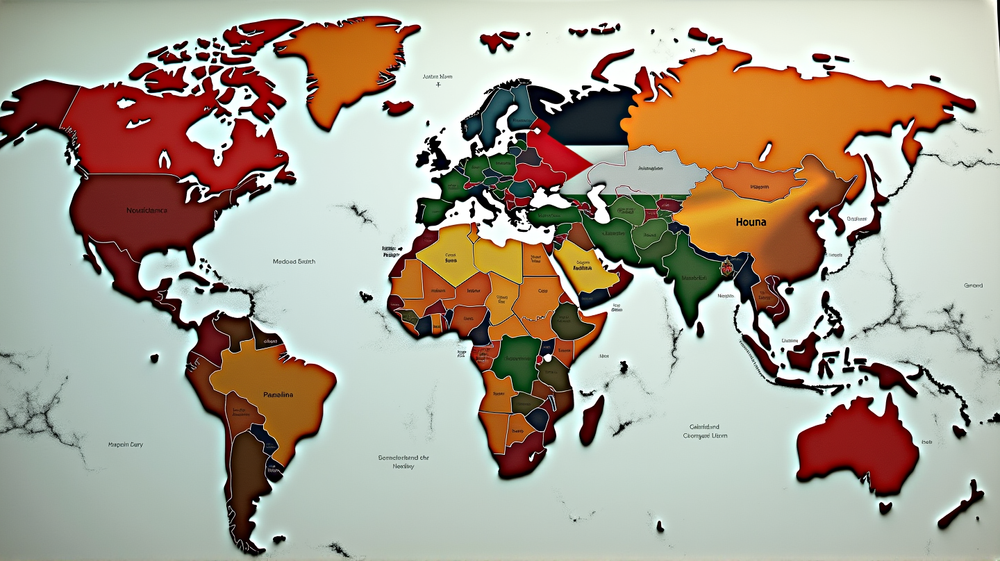As the world turns its gaze towards the Middle East, major European nations are teetering on the brink of recognizing an independent Palestinian state. This potential shift in global politics could either pave the way toward long-term peace or stir existing tensions further. According to Reuters, such recognition may indeed be more than just a symbolic move.
Current Status of Palestinian Statehood
While Palestine’s quest for statehood began decades ago with the Palestine Liberation Organization’s 1988 independence declaration, only 147 of the United Nations’ 193 member states officially recognize it. Even within this framework, the real struggle lies in achieving full U.N. membership—hindered by required approval from a Security Council where U.S. veto power weighs heavily.
Promises of Recognition
The recent promises from nations like Britain, France, and Canada to endorse Palestinian statehood represent a significant moment. Intended as a lever to halt Israel’s Gaza incursion and curb settlement expansions in the West Bank, these gestures hold the potential to mark a turning point in Israeli-Palestinian relations.
Practical Impact of Recognition
Despite these diplomatic advances, the lack of a fully recognized Palestinian authority restricts the ability to engage globally. The Palestinian ambassador to the U.K., Husam Zomlot, sees hope in recognition leading to viable strategic partnerships and possibly igniting new pathways in the region’s future. However, without borders or airports under its control, the West Bank remains landlocked, hemmed in by Israel and obstacles to freedom of movement.
Israeli and U.S. Reactions
From Israel, whose leadership has grown less inclined towards Palestinian independence with each passing decade, these latest moves are met with hostility. The Wall of West Bank and Gaza security remains a core tenet of Israel’s administration, particularly under the current hard-right government led by Prime Minister Benjamin Netanyahu.
Similarly, the United States sees little benefit in this recognition’s wake, responding by tightening sanction measures against Palestinian figures, inclusive of assembly travel restrictions.
The Broader Implications
While some may argue that recognizing Palestinian statehood is simply a political gesture with little on-the-ground impact, others highlight the potential to redefine alliances and leverage unity against stagnation in peace talks. It may well press Western governments to review their diplomacy with Israel, prompting nuanced responses such as ending imports from contested regions.
This international declaration may either slide into history as another symbolic resolution or act as a pivotal catalyst that nudges this longstanding conflict toward a peaceful resolution. As the world watches, the Middle East’s political landscape stands on the precipice of change, where perhaps even small gestures will echo with great resonance.












